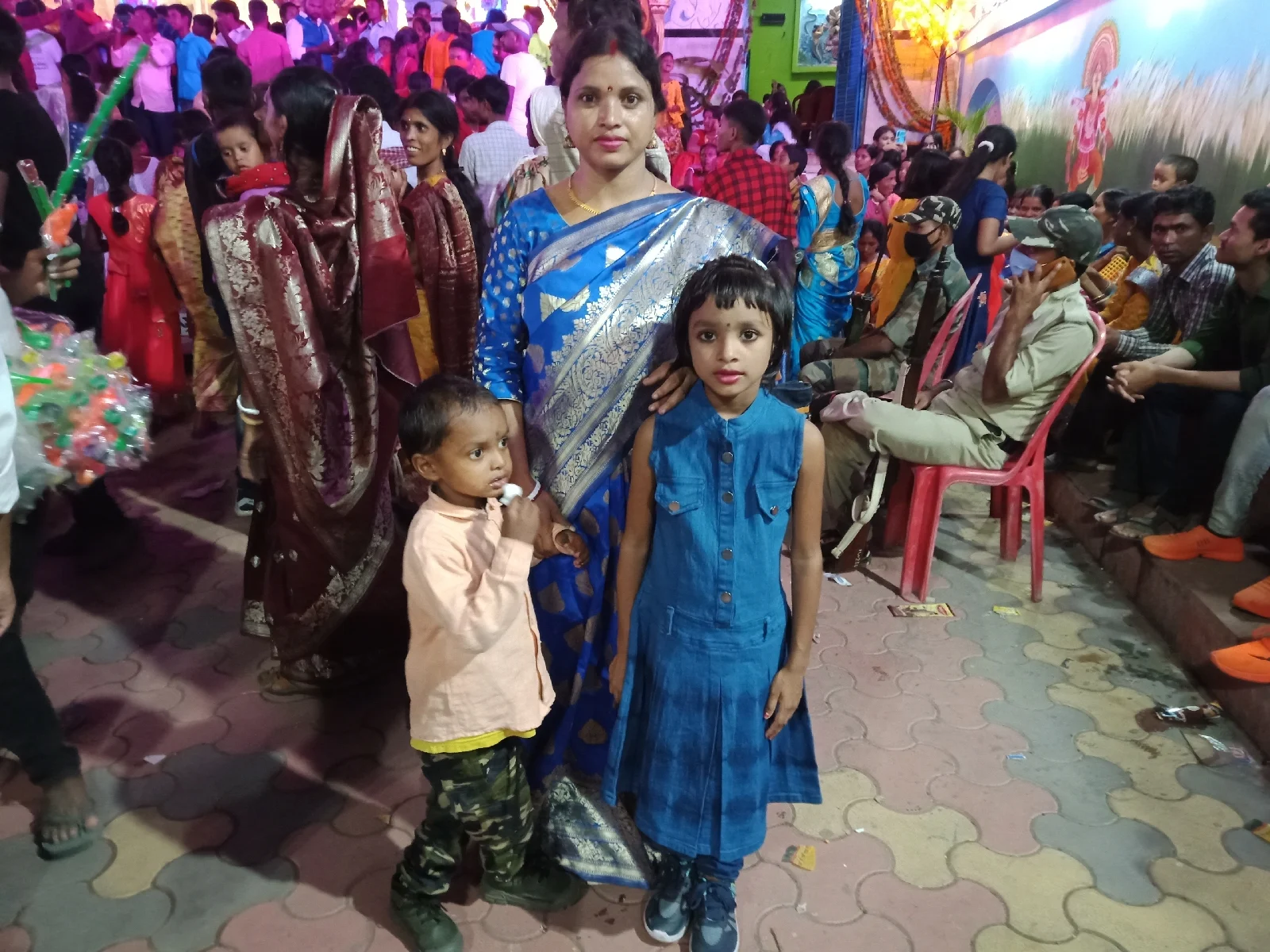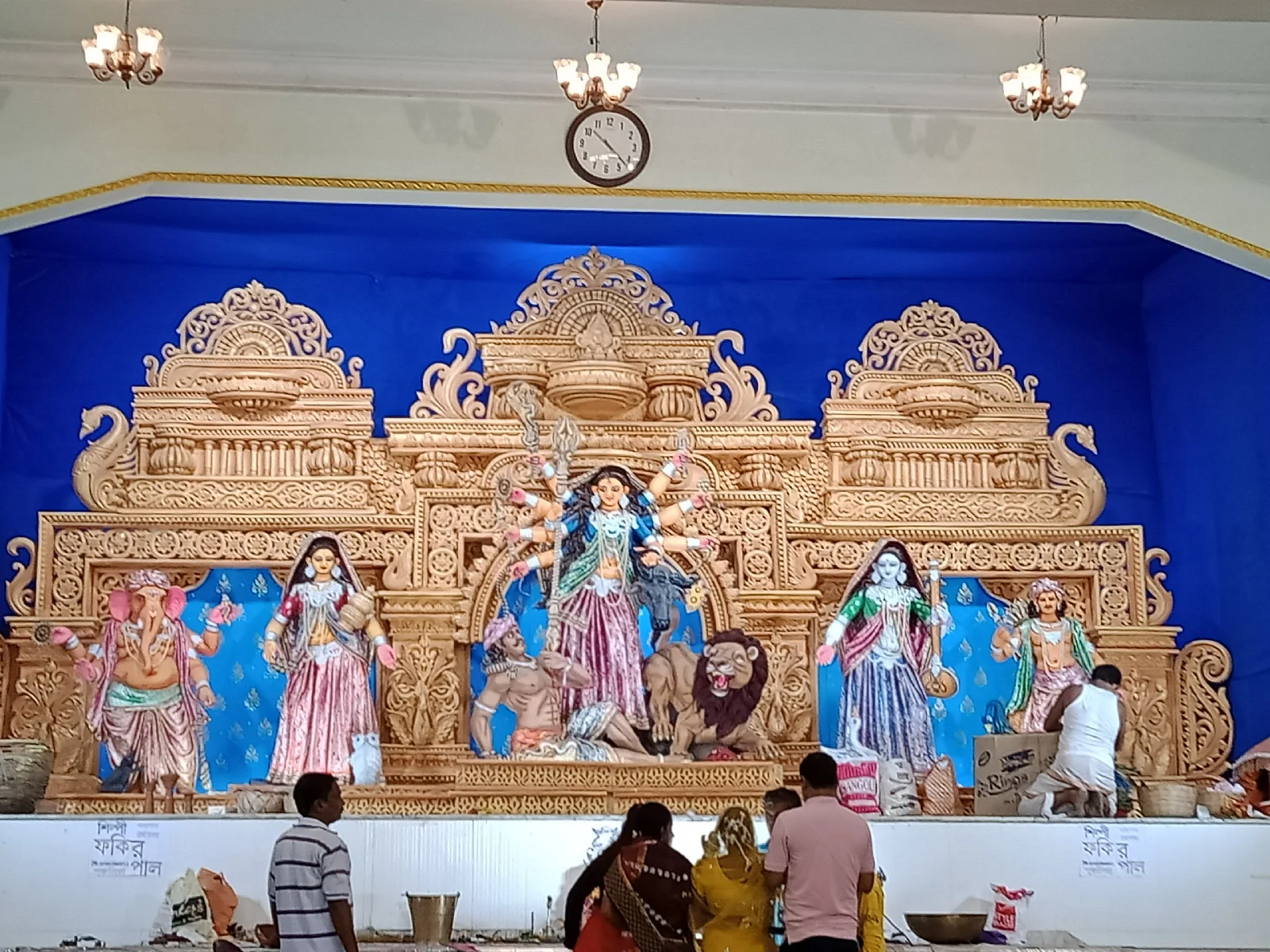Officer ,UPSC, Engineer , Truthful, Unselfish ,Render to Mankind, Active, Happy, Confidence, Higher Acceptance Power, Assume Universal Tolerance, Supreme Power to forgive, Consolidate Mind, Determined. Helpful to Helpless Distress, Punish to Dishonest Culprit.
Tuesday, November 30, 2021
Sensex nosedives 1,688 points amid global selloff; Nifty sinks below 17,100
Monday, November 29, 2021
Government lists farm law repeal on House agenda on November 29
Prime Minister skips all-party meeting; Opposition demands MSP law.
Prime Minister Narendra Modi on November 28 skipped the customary all-party meeting, convened by Parliamentary Affairs Minister Pralhad Joshi, a day before the start of the winter session of Parliament that will take up the repeal of the three farm laws.
Coronavirus | Centre tightens rules for flyers from abroad over Omicron risk Shri Radhe Shri Radhe Shri
Travellers from “countries at-risk”, including the U.K., South Africa, Brazil, Bangladesh, Botswana, China, Mauritius, New Zealand, Zimbabwe, Singapore, Hong Kong and Israel, will need to take the COVID test post-arrival and wait for results at the airport, according to the guidelines. If tested negative, they have to undergo home quarantine for seven days followed by a re-test on the eighth day.
“On arrival, the passengers found to be symptomatic during screening shall be immediately isolated and taken to medical facility as per health protocol. If tested positive, their contacts shall be identified and managed as per laid down protocol,” said the updated guidelines.
Travellers from countries not considered ‘at risk’ will be allowed to leave the airport and must self-monitor their health for 14 days post arrival. A sub-section (5% of the total flight passengers) will be required to undergo post-arrival testing at random at the airport.
The guidelines have also stated that children under five years of age are exempted from pre- and post-arrival testing. However, if found symptomatic on arrival or during home quarantine, they shall undergo testing and treated as per protocol.
Contacts of the suspect case are the co-passengers seated in the same row, three rows in front and three rows behind along with identified cabin crew. Also, all the community contacts of those travellers who have tested positive (during home quarantine period) would be subjected to quarantine for 14 days and tested as per government protocol.
Earlier the Central Government in a release issued following a meeting chaired by Home Secretary Ajay Bhalla, said it will review “the decision on effective date of resumption of scheduled commercial international passengers service as per evolving global scenario while keeping a closer watch on emerging pandemic situation within the country.”
Sunday, November 28, 2021
The detachable fruit provides us a new lesson.
Lord Krishna motivational speeches..
Shri Radhe Barsawane wali Radhe
Shri Radhe Shri Radhe Shri Radhe Shri Radhe Shri Radhe
Saturday, November 27, 2021
Explained | What is the new coronavirus variant in South Africa? Shri Radhe Shri Radhe Shri Radhe Shri Radhe
Shri Radhe Shri Radhe Shri Radhe Shri Radhe
Formally known as B.1.1.529 this is a newly designated variant of the Sars cov2 virus. Though knowledge on it is still nascent, researchers across the world have been pointing to the variant having an unusually large number of mutations that in theory could be make them more transmissible. B.1.1.529 variant has about 50 mutations overall, including more than 30 on the spike protein alone. The spike protein is the part of the virus that latches on to the surface of the human cell and is the most conspicuous part of the virus. The existing vaccines are designed to target the spike protein and the more mutations there are on them, the greater the odds that the virus has the ability to evade them.
The World Health Organisation is expected to take a call within this week on whether B.1.1.529 is a variant of interest, or variant of concern. Based on this it may likely be designated as 'Nu' following the convention of naming variants for Greek alphabets such as Delta, Gamma and Alpha. This is based on the extent of its spread, its severity and how quicky it can transmit. The South African Health Ministry said in a briefing that the variant so far has been found in Botswana, South Africa and Hongkong, from traveller returning from South Africa. Ten cases have so far been confirmed. In South Africa, the most cases are from Guateng province where in Tshwane, part of Guateng, test positivity in the last three weeks has risen from 1% to 30%. The current analysis suggests that in that region, the new variant maybe taking over the dominant Delta variant as well as another prominent variant called C.1.2.
Experts in India urge caution as new coronavirus variant emerges in South Africa
Friday, November 26, 2021
Tuesday, November 16, 2021
Allowing yearly extensions to heads of CBI, ED will compromise their autonomy. Shri Radhe Shri Radhe Shri Radhe Shri Radhe
Sunday, November 14, 2021
Wednesday, November 3, 2021
States should base reservation policies on data, not political expediency Shri Radhe Shri Radhe Shri Radhe Shri Radhe Shri Radhe Shri Radhe Shri Radhe Shri Radhe Shri Radhe.
Climate pledge: On CoP26 summit in Glasgow Shri Radhe Shri Radhe Shri Radhe
Finding funds: On COP28 and the ‘loss and damage’ fund....
A healthy loss and damage (L&D) fund, a three-decade-old demand, is a fundamental expression of climate justice. The L&D fund is a c...
-
The Samajwadi Party and Bahujan Samajwadi party and the Rashtriya Lok Dal arrived at the specific deal on seat sharing last week. this Alli...
-
Compressed Bahubali gas a new revolution in transportation fuel. A joint initiative of Indian Oil and BPCL HPCL to turn wastagee into gree...
-
On his first visit to his home state Gujarat after a stunning victory in the Uttar Pradesh assembly elections, a grand welcome for Prim...














